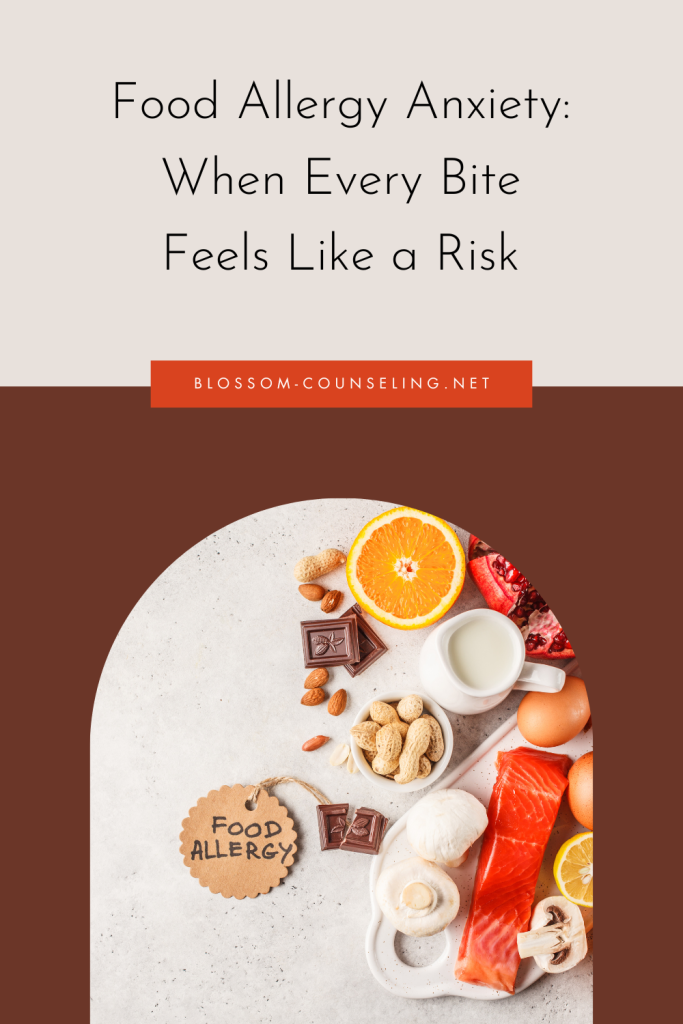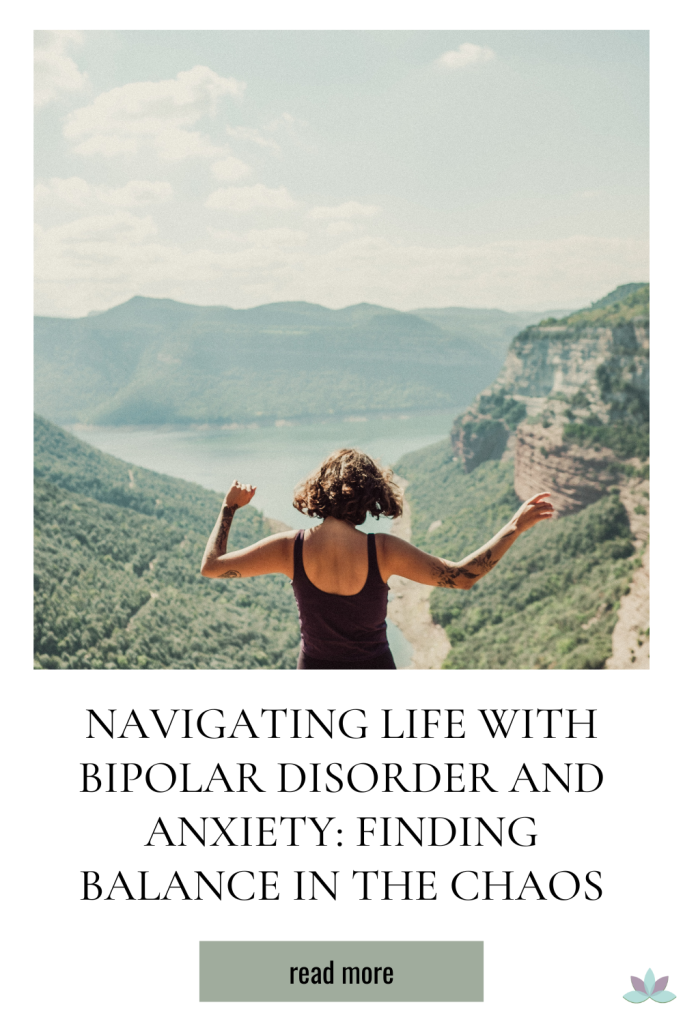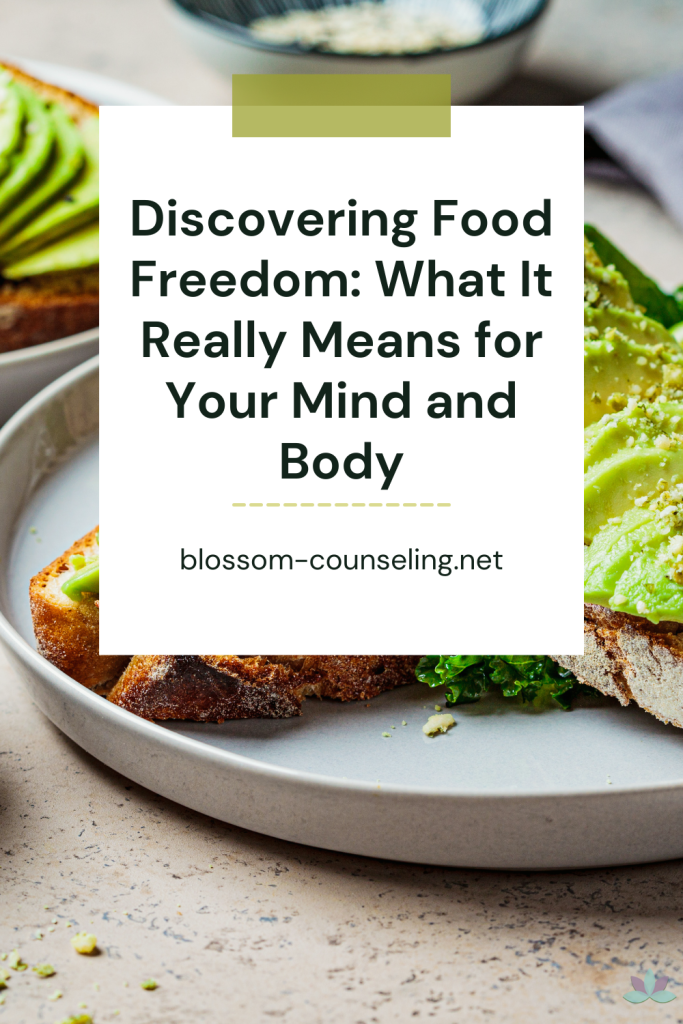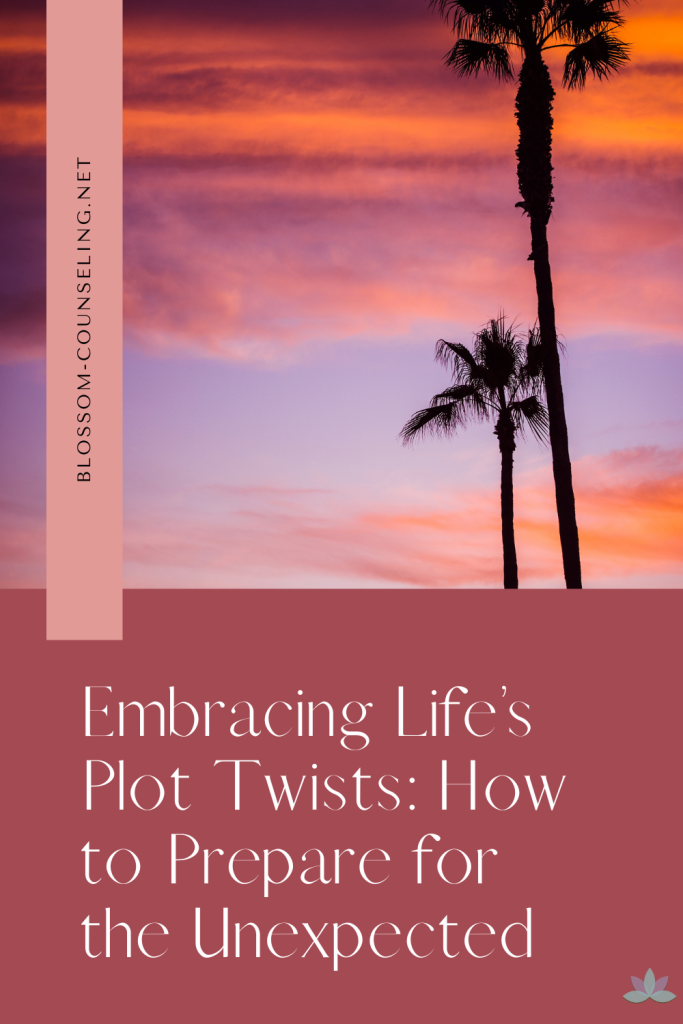
Imagine this: You’re at a restaurant with friends, scanning the menu for something safe to eat. You ask about ingredients, double-check with the server, and still, there’s a voice in your head whispering, What if they got it wrong? That’s food allergy anxiety in action—a constant loop of caution, worry, and hyper-vigilance that can turn something as basic as eating into a high-stakes event.
Food allergies don’t just affect the body; they affect the mind, too. The fear of an allergic reaction—whether mild or life-threatening—can create intense anxiety that seeps into daily life. For some, it means avoiding restaurants altogether. For others, it’s overanalyzing every label, bringing “just-in-case” food to every gathering, or feeling a knot of dread when someone offers a homemade treat.
The Psychology Behind Food Allergy Anxiety
At its core, food allergy anxiety is about survival. The brain is wired to protect us from danger, and when a person has a history of allergic reactions (or has witnessed one), the mind stays on high alert. This heightened state of vigilance can lead to:
- Avoidance behaviors – Skipping social events, refusing to eat food not prepared at home, or limiting diet to “safe” but restrictive foods.
- Hyperawareness of symptoms – Feeling like your throat is closing or your skin is tingling, even when it’s not. This is common in those with health anxiety.
- Excessive checking – Re-reading labels multiple times, asking repeated questions about food prep, or feeling the need for constant reassurance.
- Panic attacks – A sudden flood of fear, racing heart, or trouble breathing, especially in situations where food safety feels uncertain.
While caution is necessary, chronic anxiety can make everyday experiences exhausting. The key is finding a balance between safety and living a full life.
When Vigilance Turns into Fear
It’s completely normal to be cautious when you have a food allergy, but when fear takes over, it can shrink your world. Maybe you avoid travel because you don’t trust the food options. Maybe you turn down social invitations because eating outside of your home feels too risky. Maybe you obsessively replay past reactions in your head, convincing yourself that another one is just around the corner.
The problem isn’t the vigilance itself—it’s when the fear becomes bigger than the reality. Research suggests that people with severe allergies can develop PTSD-like symptoms after experiencing anaphylaxis, and the unpredictability of food allergies only fuels the anxiety.
Managing Food Allergy Anxiety
If food allergy anxiety is impacting your life, here are some ways to regain a sense of control:
- Educate, but don’t catastrophize – Understanding your allergy, cross-contamination risks, and emergency responses can be empowering. Just be mindful of information overload—too much time in online allergy forums can heighten anxiety rather than reduce it.
- Reframe your thoughts – Instead of thinking What if this food kills me?, shift to I have my epinephrine and a plan in place. I’ve done everything I can to be safe.
- Practice exposure in small steps – If you’ve been avoiding restaurants, start by going to one where you feel most comfortable. If you avoid eating food prepared by others, try introducing low-risk options in safe environments.
- Recognize anxiety vs. real symptoms – Anxiety can mimic an allergic reaction. Learning to differentiate between a panic response and an actual allergic reaction can help you respond appropriately.
- Get support – Talking to a therapist, joining a support group, or connecting with others who understand food allergy anxiety can make a big difference.
You Deserve to Enjoy Food Without Fear
Food should be more than just a source of stress. It should be nourishing, enjoyable, and, most importantly, safe. While food allergy anxiety is valid, it doesn’t have to control your life. With the right tools and mindset shifts, you can build confidence in navigating food safely—without letting fear steal the joy from every meal.
Our team of compassionate therapists is here to help you find the support you need. We believe in a holistic approach, treating your mind, body, and spirit. With a blend of traditional and alternative therapies, we tailor your experience to meet your unique needs. At Blossom, we create a non-judgmental space where you can be your authentic self. Our goal is to empower you, amplify your strengths, and help you create lasting change. Together, we’ll navigate life’s challenges and help you bloom, grow, blossom! You deserve to become the best version of you.




